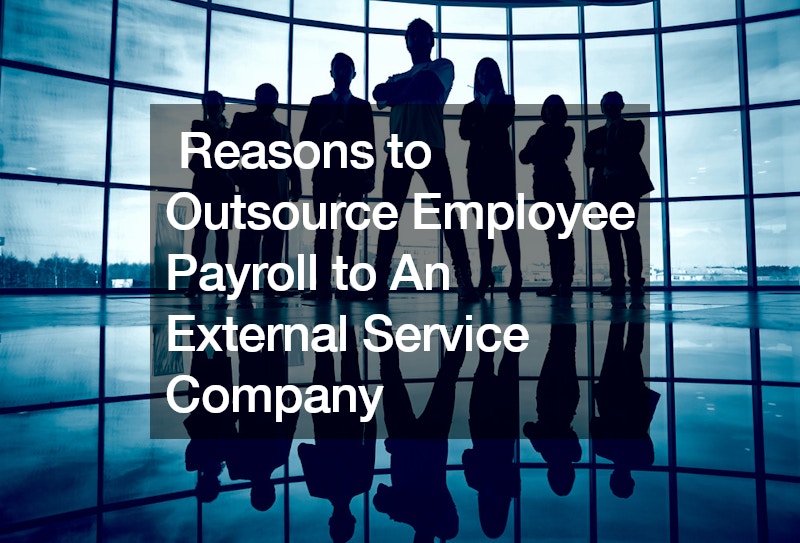IPO Companies How They Can Help Solidify That Initial Public Offering



IPOs — or initial public offerings — are the moment when things change for a privately held business forever, taking it from private to public, and really making or breaking its future.
An IPO represents the moment when a company goes public, selling shares to institutional investors who will in turn sell shares to the general public. It’s easy to find IPO news on a global scale. The fact is that if an IPO goes very well, a company can have a bright future, with far more funding than it would have otherwise. If it doesn’t go so well, a company can fail entirely in a matter of months. Because for better or for worse, IPO news is often seen as a judgement on the health of a company.
Unfortunately, many businesses that could go public don’t, never reaching the level they could simply because they don’t know how to go about it. Luckily, there are professional IPO services on hand who can help business owners handle this complicated, but ultimately rewarding legal and financial proceeding. An IPO company can help a small business become big time and ensure that it has the best possible chance of success. Let’s look into the basics of the IPO process and how this offering really works. This way, it can be less intimidating and more exciting.
Preparing For An IPO
There are some basic things to know about IPOs that can’t necessarily be gleaned simply from the latest IPO news. Although research about the latest IPOs in your sector is a valuable undertaking, it isn’t the only thing business owners should do before moving forward with an IPO. It isn’t as if you can move forward with an IPO whenever you want.
Usually, an IPO has an initial lock-up period. During this period, which often lasts between three and 24 months, a legally binding contract is drawn up between the underwriters and insiders of a company. This keeps them from selling any shares of stock for a specified period of time. Some are under the impression that IPOs involve selling off large portions of their precious companies; therefore, they are hesitant to move forward with them. While this hesitation is understandable, an IPO does not usually involve selling off a large portion of a company.
The amount of the company sold off is usually between 10% and 15%. There are individual IPO prices involved, different from regular trading prices by about 13% to 15%. Of course, the most important thing to consider when it comes to IPO information is how well an IPO will go. Ultimately, it’s impossible to predict exactly how well a particular offering will play out. With that being said, some times are better for IPOs than others. Typically, if your market is doing well, you can expect your IPO to do well. For example, if the SandP 500 is expected to grow by double digits over the next year, you can expect IPO to perform at least as well during that same timeframe.
Is An IPO Really Worth It?
Some IPO news is inspiring, while other stories are intimidating or even frightening. No matter how prepared you think you are for an IPO, it can be easy to second guess it — is an IPO really worth the trouble?
One example of a company that did very well after its IPO is Fitbit. Fitbit offered 35 million shares valued at $741 million. Since its IPO, the company’s stock has risen by 50%. Fitbit is a top-performing company that opened at 52%; other top performers include Shopify Inc., which opened at 65%, and Etsy, which opened at 94%. Of course, IPOs don’t just benefit the companies giving the IPO. They also benefit investors. In particular, they benefit investors ready to buy large quantities of a stock before its debut to the public. Hedge funds and investment banks can add triple-digit gains to a company on the first day of trading.
An IPO is like almost anything else in life in that it’s best to be prepared. The best way to get prepared? Find a reputable IPO company to offer advice, particularly legal advice, before, during, and after the IPO process.


![Tax services —- [YOUTUBE VIDEO]](https://debteasyhelp.com/wp-content/themes/hueman/assets/front/img/thumb-medium-empty.png)